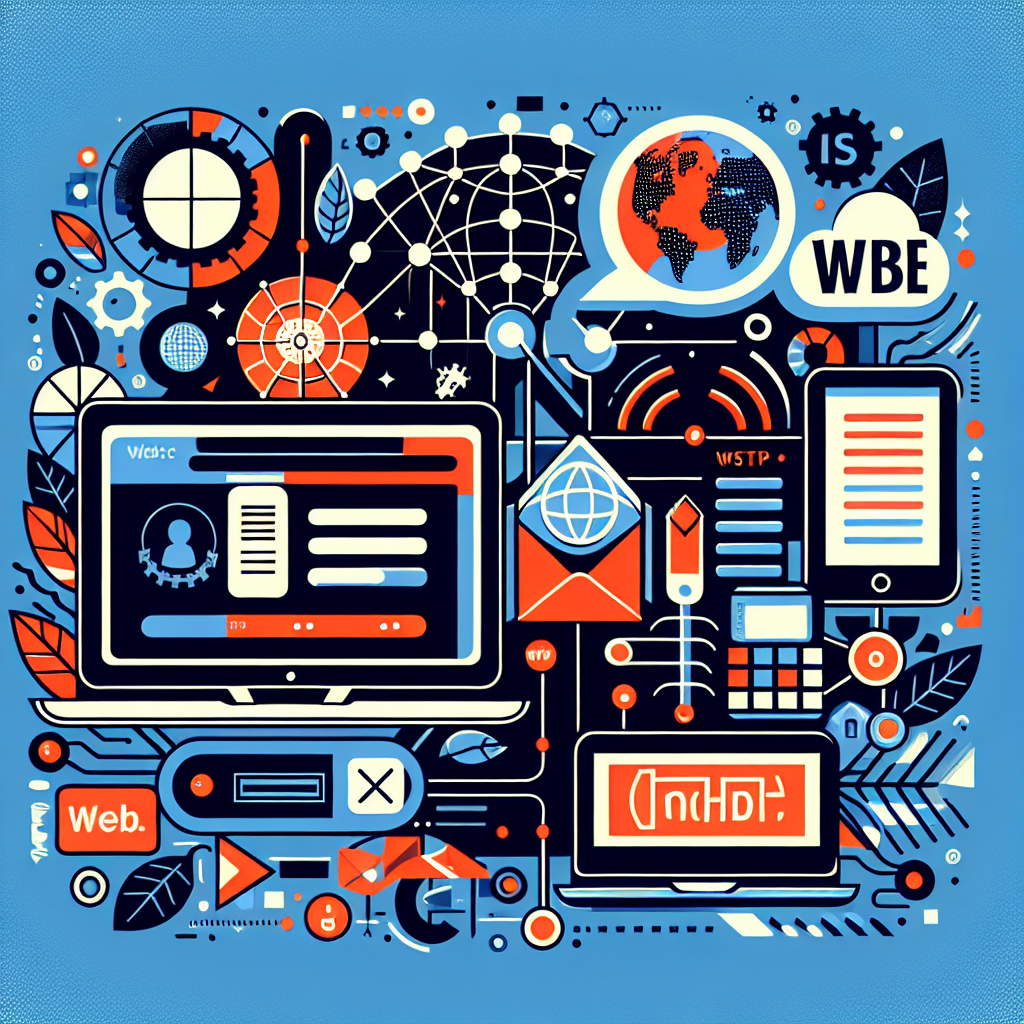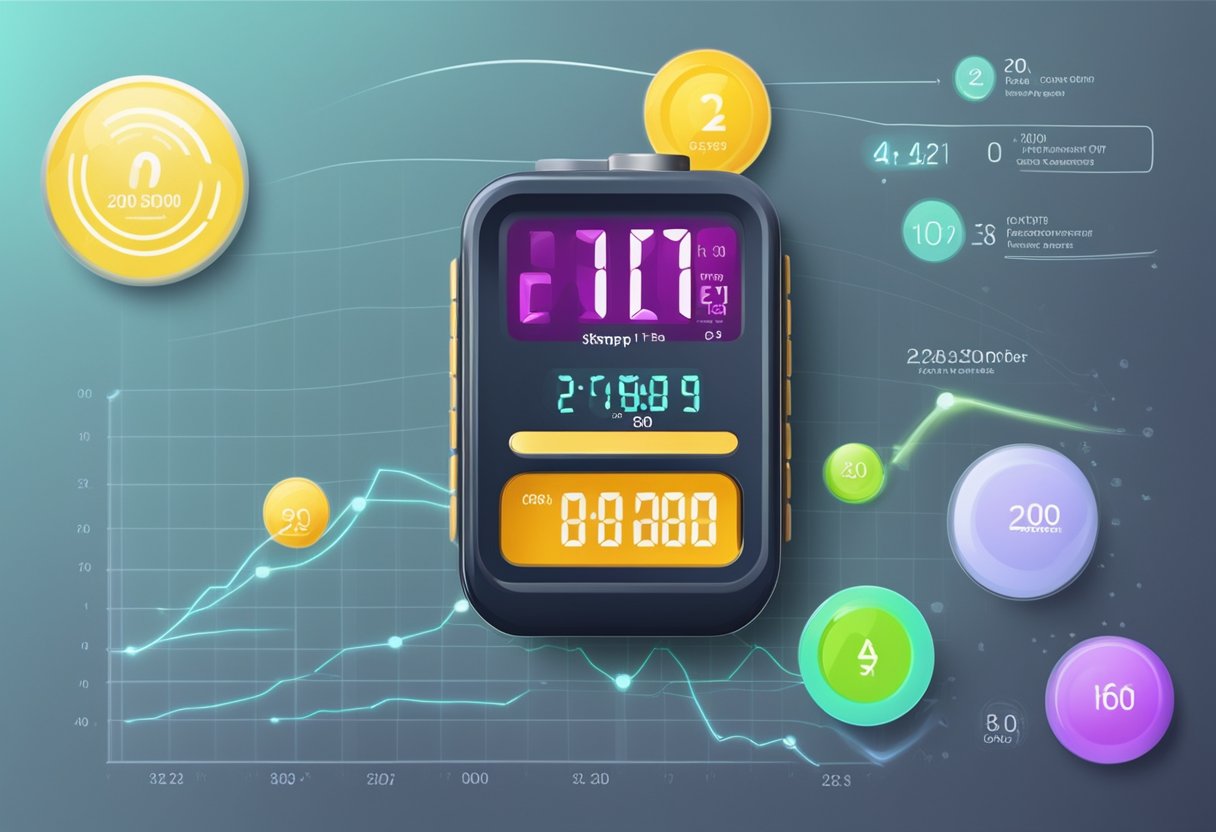Combatting Fatigue from Low Blood Pressure: Causes and Solutions
Experiencing fatigue due to low blood pressure is a common concern. This article dives deep into the connection between low blood pressure (hypotension) and fatigue, exploring causes, symptoms, and effective strategies to combat tiredness.

Understanding Low Blood Pressure and Fatigue
Low blood pressure, also known as hypotension, occurs when blood pressure levels drop below the normal range, which is generally considered to be around 120/80 mmHg. One of the lesser-known but significant symptoms of low blood pressure is fatigue. Many individuals who suffer from low blood pressure find themselves feeling unusually tired or lethargic, impacting their daily activities.
Why Does Low Blood Pressure Cause Fatigue?
When blood pressure is low, the body's ability to effectively circulate blood and deliver oxygen to organs and tissues can be compromised. Here are several reasons why low blood pressure can lead to feelings of exhaustion:
- Reduced Blood Flow: Low blood pressure can lead to decreased blood flow, especially to vital organs like the brain. This can result in feelings of fatigue or lightheadedness.
- Oxygen Deprivation: With less blood circulating, there might be inadequate oxygen delivery to muscles and organs, causing fatigue.
- Hormonal Responses: The body releases hormones in response to drops in blood pressure which can affect energy levels and induce fatigue.
Common Symptoms Associated with Low Blood Pressure and Fatigue
While feeling tired is a major complaint for those experiencing low blood pressure, several other symptoms often accompany it:
- Dizziness or lightheadedness
- Nausea
- Blurred vision
- Fainting
- Fatigue or weakness
If you consistently experience these symptoms, it's essential to consult a healthcare professional for a thorough evaluation.
Who is Prone to Low Blood Pressure Fatigue?
Certain demographics are more susceptible to experiencing fatigue from low blood pressure. These include:
- Older adults, due to aging blood vessels
- People taking certain medications, like diuretics or antidepressants
- Individuals with chronic health conditions, such as diabetes or heart problems
- Pregnant women due to hormonal changes
Temporary vs. Chronic Low Blood Pressure and Fatigue
It's crucial to distinguish between temporary low blood pressure, such as that experienced after standing up too quickly (orthostatic hypotension), and chronic low blood pressure, which can signify an underlying health issue. Chronic fatigue might require a detailed medical investigation to manage symptoms effectively.
What Can You Do to Combat Fatigue from Low Blood Pressure?
If you find yourself feeling tired as a result of low blood pressure, several strategies could help maintain your energy levels:
Increase Fluid Intake
Staying hydrated is essential, as fluids can help increase blood volume and maintain blood pressure. Aim to drink plenty of water throughout the day.
Salt Your Diet
Increasing sodium intake can help raise blood pressure. However, this should be done under the guidance of a healthcare professional.
Eat Small, Frequent Meals
Large meals can exacerbate low blood pressure, so consider smaller, more frequent meals to provide energy without draining blood pressure levels.
Monitor Your Medication
If you are on medications that affect blood pressure, discuss your symptoms with your doctor to explore possible adjustments.
Exercise Regularly
Regular physical activity can strengthen cardiovascular health and improve circulation over time, which may help stabilize blood pressure.
Take Breaks and Rest
Acknowledge your fatigue; if you're feeling tired, give yourself the necessary breaks throughout the day. Avoid overexerting yourself.
When to Seek Professional Help
If fatigue persists despite taking measures to address low blood pressure, it may be time to seek medical advice. Chronic fatigue can signify other underlying conditions that require treatment. Additionally, if you experience severe symptoms such as fainting or confusion, it is critical to seek immediate medical attention.
Conclusion
Living with low blood pressure and its associated fatigue can be challenging. Understanding the connection between low blood pressure and tiredness can empower individuals to recognize symptoms and take proactive steps. Be mindful of your body, listen to its signals, and consult healthcare professionals to tailor a strategy that fits your needs.
New posts

Effective Strategies to Lower Blood Pressure
Fitness

Navigating Low Blood Pressure and High Pulse: Key Insights
Wellness

Combatting Fatigue from Low Blood Pressure: Causes and Solutions
Lifestyle

Understanding Ruhepuls 60: A Guide to Optimal Heart Rate
Fitness

Understanding Low Blood Pressure at Night: Causes, Symptoms, and Management
Wellness

Low Blood Pressure and Trembling: Understanding the Connection
Wellness

Understanding Normal Pulse Pressure: What You Need to Know
Lifestyle

Understanding Ruhepuls 45: The Ideal Resting Heart Rate for Your Health
Fitness

Understanding Normal Pulse Rates: What Is a Normal Pulse?
Fitness

Understanding Pulsdruck: Key Insights into Your Blood Pressure Dynamics
Wellness
Popular posts

Understanding Low Diastolic Blood Pressure: Causes, Risks, and Management
Wellness

Understanding Low Diastolic Blood Pressure: Causes and What to Do
Wellness

Understanding Puls Unter 60: When Low Heart Rates Become Concerning
Fitness

Understanding the Ruhepuls Tabelle: A Comprehensive Guide
Fitness

Understanding Low Blood Pressure Symptoms in Men
Wellness

Understanding Ruhepuls 50: What It Means for Your Heart Health
Fitness

Low Blood Pressure and Trembling: Understanding the Connection
Wellness

Understanding Normal Pulse Pressure: What You Need to Know
Lifestyle

Understanding Wrist Blood Pressure Monitoring: A Comprehensive Guide
Wellness

Understanding Low Blood Pressure and Its Effect on Vision Disturbances
Health